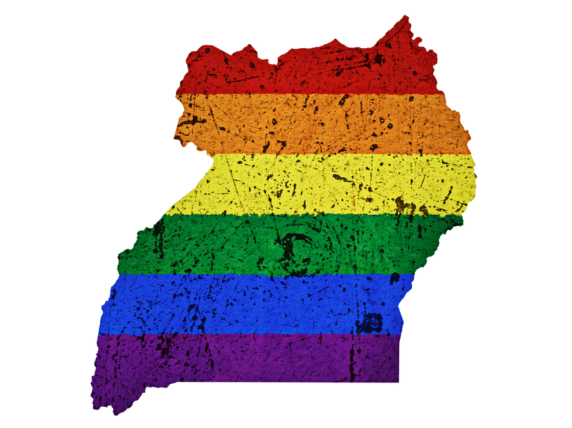The realities and risks for girls in fragile and conflict-affected areas
Across the globe girls and young women living in humanitarian crises are dreaming of a better life for themselves and their families.
Girls tell us that they want to be pilots, doctors and teachers. For many of them, these aspirations will never become a reality. Instead, they are faced with impossible choices to secure their mere survival.
The toxic mix of conflict and violence, poverty, limited access to education and gender inequality leaves girls and young women at high risk of exploitation. Traffickers cash-in on girls’ dreams by promising well-paid jobs and an escape from poverty and crisis, but in reality it’s a path to exploitation.
94% of trafficking victims from Nigeria are women and girls. 85% of those are trafficked for sexual exploitation, according to new research by Plan International UK in partnership with the International Organization for Migration and London School of Hygiene and Tropical Medicine. The new report provides a snapshot of the lived reality and risks of trafficking for girls and women in Nigeria, Nepal and Uganda.
Subscribe to our newsletter
Our weekly email newsletter, Network News, is an indispensable weekly digest of the latest updates on funding, jobs, resources, news and learning opportunities in the international development sector.
Get Network NewsAs Plan International, we have been working with adolescent girls in Nigeria to find out what they think needs to be done to fight trafficking. They told us that many girls aren’t aware of the risk associated with migration, until it’s too late. Anti-trafficking communications are not reaching women and girls in remote or marginalized communities, who are often the most vulnerable.
Gift and Tama, Nigerian Youth Advocates, are championing a girl-led movement to say no to trafficking of girls and young women. They have convinced NAPTIP, the Nigerian government’s anti-trafficking agency, to join their call.
Now they are demanding federal and state government departments to join them and together commit to implementing a public awareness campaign that reaches remote communities, to ensure every girl and their families know the risks of trafficking and exploitation.
Plan International UK are amplifying the voices of Gift and Tama during #16daysofactivism by asking campaigners in the UK to stand with Gift and Tama and call on the Nigerian government to say no to trafficking. You can take action now.
All girls have the right to dream, the right to seek a better life and the right to be safe. But currently this is not the reality for millions of girls in crises. As we enter the decade of delivery for the SDGs, now is the time for global governments to translate commitments into action to transform the lives of some of the world’s most marginalised girls.
Category
News & ViewsThemes
Gender



